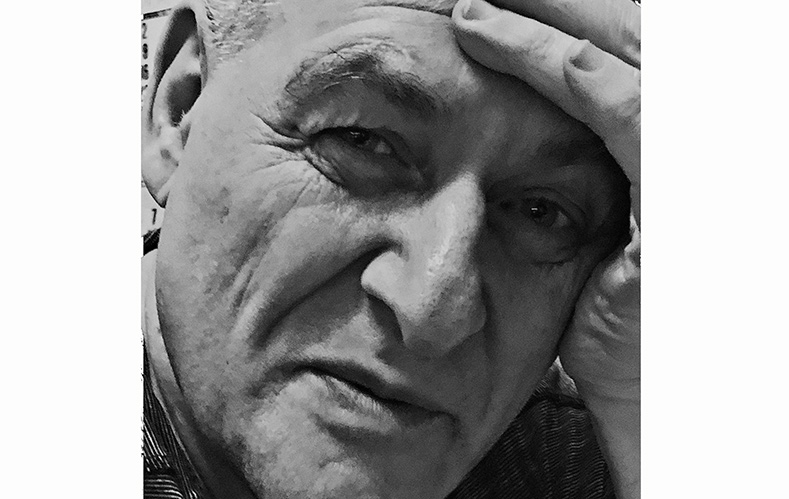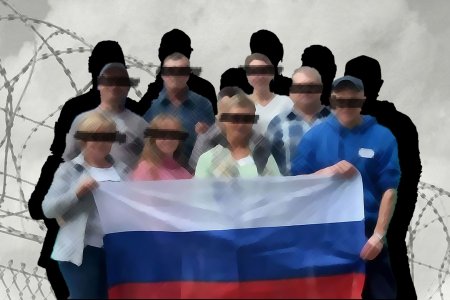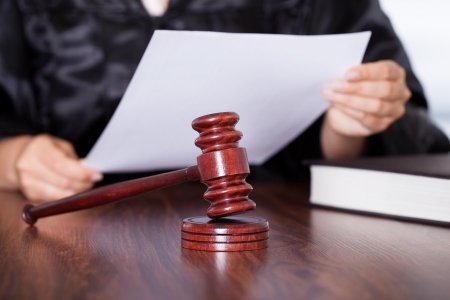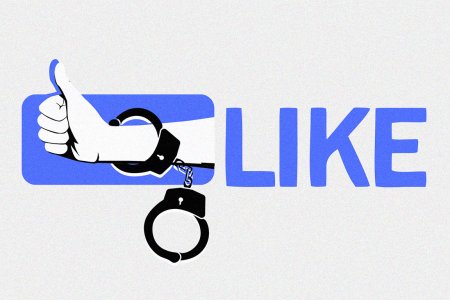On March 6, a group of MPs submitted to the parliament draft law No. 9081, “On Amendments to Certain Laws of Ukraine” (regarding restrictions on the participation in the governance of the state of persons associated with political parties whose activities are prohibited).” According to the draft law, “a citizen who, at the time of the introduction of martial law in Ukraine, was a member of the Ukrainian Parliament, a member of a local council or a village, town or city mayor elected from a party whose activities are prohibited” cannot be nominated as a candidate and elected as a deputy. An alternative draft law, No. 9081-1, submitted on March 7, introduces the same restriction, but it starts from the beginning of the temporary occupation of Ukraine and contains a similar limitation for candidates for the post of President of Ukraine, government ministers and other senior civil servants of Ukraine (category A officials). Finally, another alternative draft law, No. 9081-2 of March 20, demands a complete replacement of the elected government bodies membership, as it proposes that all those elected before February 22, 2022, be barred from running in future elections.
The draft laws’ authors intend to protect national security by temporarily restricting the participation of doubtful persons in the state’s governance, which is a legitimate motive. But these draft laws provide no judicial control, negating all good intentions. In fact, the authors profess the false principle of collective guilt, while guilt is always individual, and only a court can establish it. Strangely enough, the young authors of the draft laws, who are so lovely, patriotic, and educated, are reproducing the old Bolshevik norm of depriving people of the right to be elected due to their membership in some group, forcing us to remember the already forgotten old soviet word “lishenetz” (disfranchised person). This practice was recognized as political repression by the Ukrainian law on rehabilitating victims of political repression in both its 1991 and 2018 versions.
The Venice Commission and the European Court of Human Rights will obviously not accept this approach. To assess the proportionality of such a decision and its appropriateness in a democratic society, it is necessary to individually review a particular candidate’s actions in court. A conclusion about a potential threat to national security in the event of his election or appointment to the office can only be made after a trial based on a court decision.
I believe these draft laws are totally unacceptable in their current form and should be returned to the initiators.




